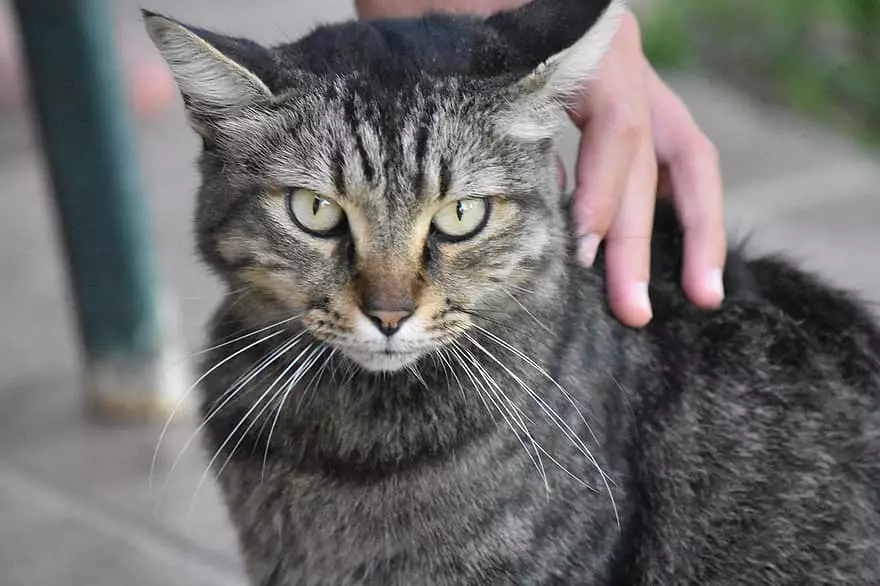As we recognize November as Senior Pet Month, it is crucial to focus on the well-being of our aging companions. With a significant portion of the population—57%—having owned a pet, understanding how to ensure our pets live longer and happier is a vital topic. Senior pets deserve special attention, and this article will detail essential practices to enhance their quality of life.
Aging in pets is a natural progression that brings about various physical and psychological changes. Just as with humans, senior pets require special considerations for their health. A pet’s advancing age can lead to alterations in metabolism, energy levels, and immune response. These changes necessitate a tailored approach to care. Understanding the aging process can empower pet owners to provide better support.
Veterinary professionals emphasize that senior pets share many health requirements with older humans. For this reason, maintaining good health in our pets hinges on a balanced approach that incorporates nutrition, physical fitness, mental stimulation, and stress management.
A fundamental factor in promoting the health of senior pets is their diet. As pets age, their digestive systems become less efficient at processing certain nutrients. Transitioning to a diet formulated explicitly for older pets can significantly benefit their health. High-quality, age-appropriate foods often contain specific nutrients tailored to support senior pets’ needs, such as increased fiber and reduced calories to help maintain an ideal weight.
It is also essential to ensure that pets have constant access to fresh water. Regularly changing their water bowl helps prevent stagnation, encouraging hydration, which is vital for kidney health.
In addition to a proper diet, incorporating supplements can bolster senior pets’ health. Supplements like probiotics and prebiotics can enhance digestive health and support the immune system. For dogs, food rich in prebiotics—think of broccoli and sweet potatoes—can be particularly beneficial. Additionally, for cats, selecting fiber-rich cat food that caters to their unique nutritional requirements is crucial. Human foods may not suffice for their needs and could cause digestive issues.
Consulting with a veterinarian before introducing new supplements or dietary changes can provide personalized guidance tailored to each pet’s specific health status and nutritional needs.
Mental health is equally important as physical health. As pets age, it is necessary to actively engage their minds. Activities that stimulate their cognitive function—such as interactive play, exploration during walks, and social interactions—are fundamental to their happiness and mental well-being.
Using food-dispensing toys during playtime can keep senior pets entertained and mentally stimulated, especially when their owners are busy or away. Regular mental challenges help alleviate the risks of cognitive decline that can accompany aging, ensuring beloved pets remain vibrant and engaged.
Dental care can often be overlooked but is essential in ensuring a senior pet’s health. Poor dental hygiene can lead to various health issues, including pain and infections that could affect overall well-being. Establishing a regular dental care routine—such as brushing, dental treats, and check-ups—can help maintain dental health, ensuring pets remain comfortable and healthy.
Older pets often experience heightened sensitivity to stressors. This necessitates a careful observation of their environments and behaviors. Understanding the triggers that upset them is key. For example, senior pets may struggle with changes in routine or unfamiliar surroundings.
When planning trips or extended absences, pet owners should consider hiring a pet sitter to provide personalized care in a familiar environment. This arrangement often alleviates anxiety that boarding facilities may cause and allows pets to receive one-on-one attention.
The journey through the golden years of our pets deserves our utmost care and consideration. By prioritizing a suitable diet, incorporating beneficial supplements, maintaining mental engagement, ensuring proper dental hygiene, and minimizing stressors, we can significantly enhance the quality of life for our senior companions. Celebrating Senior Pet Month serves as a poignant reminder of the love, loyalty, and joy our older pets offer, making it imperative that we provide them with the compassionate care they require and deserve.


Leave a Reply